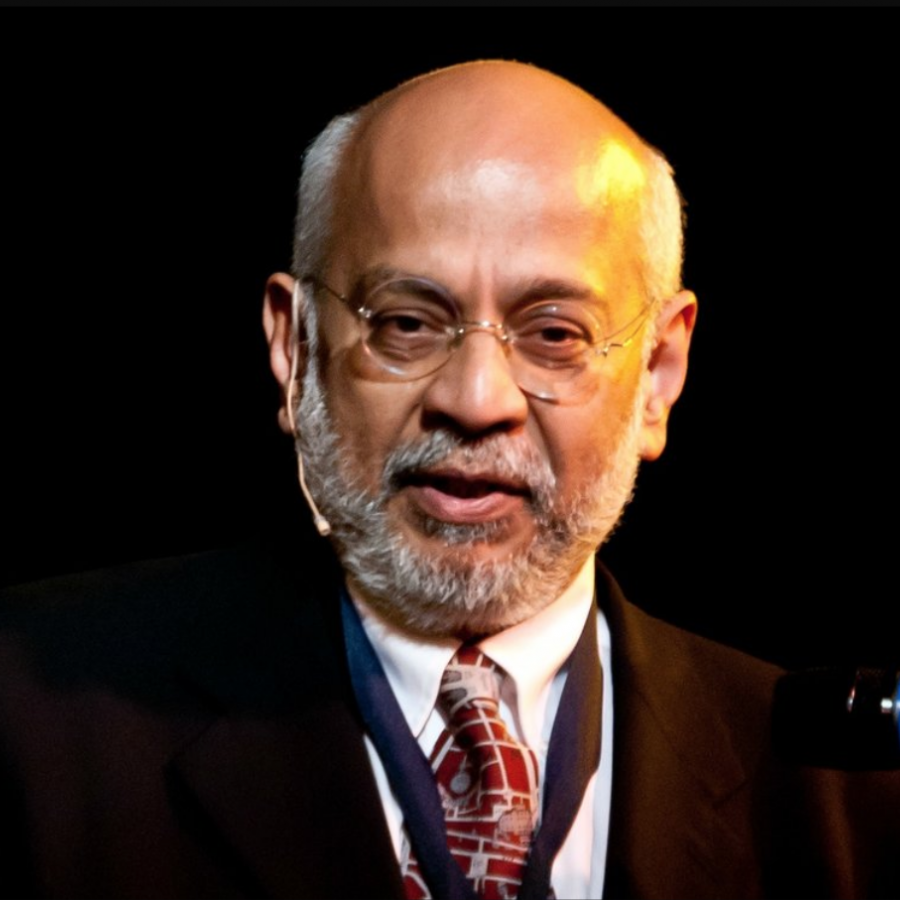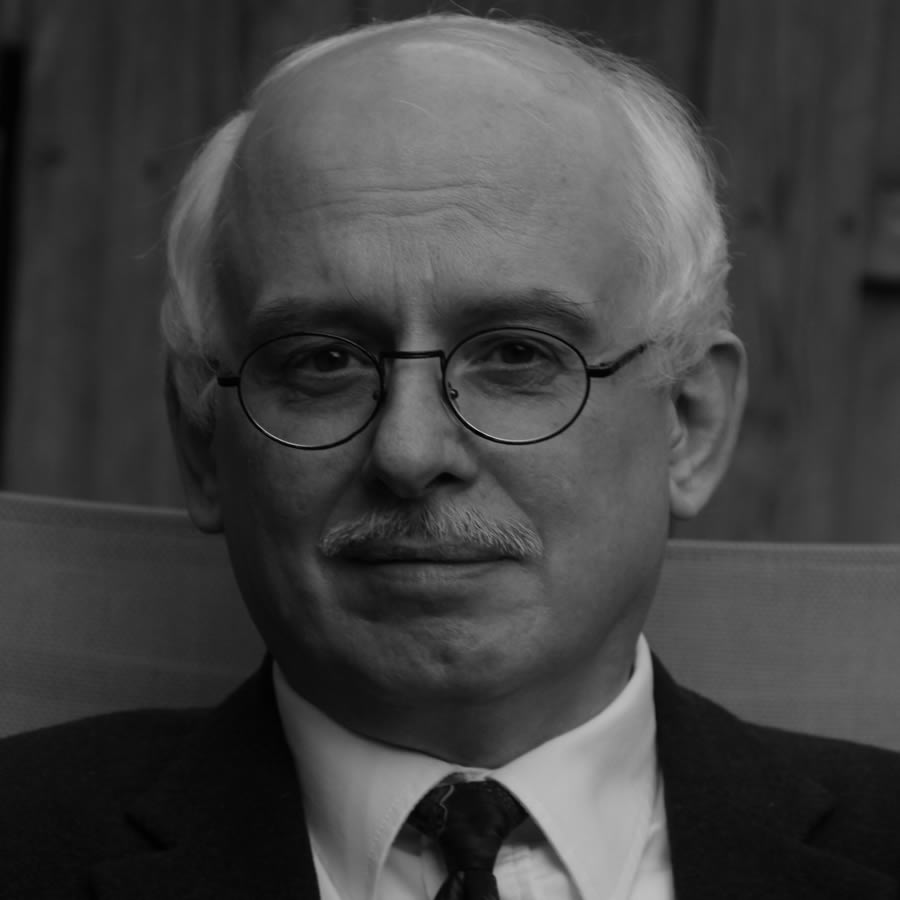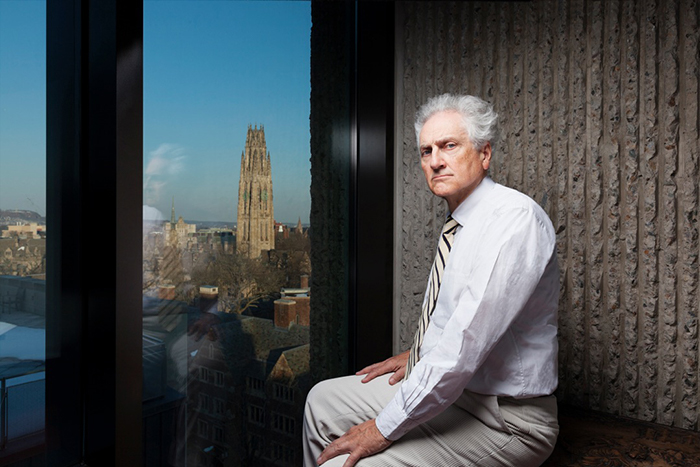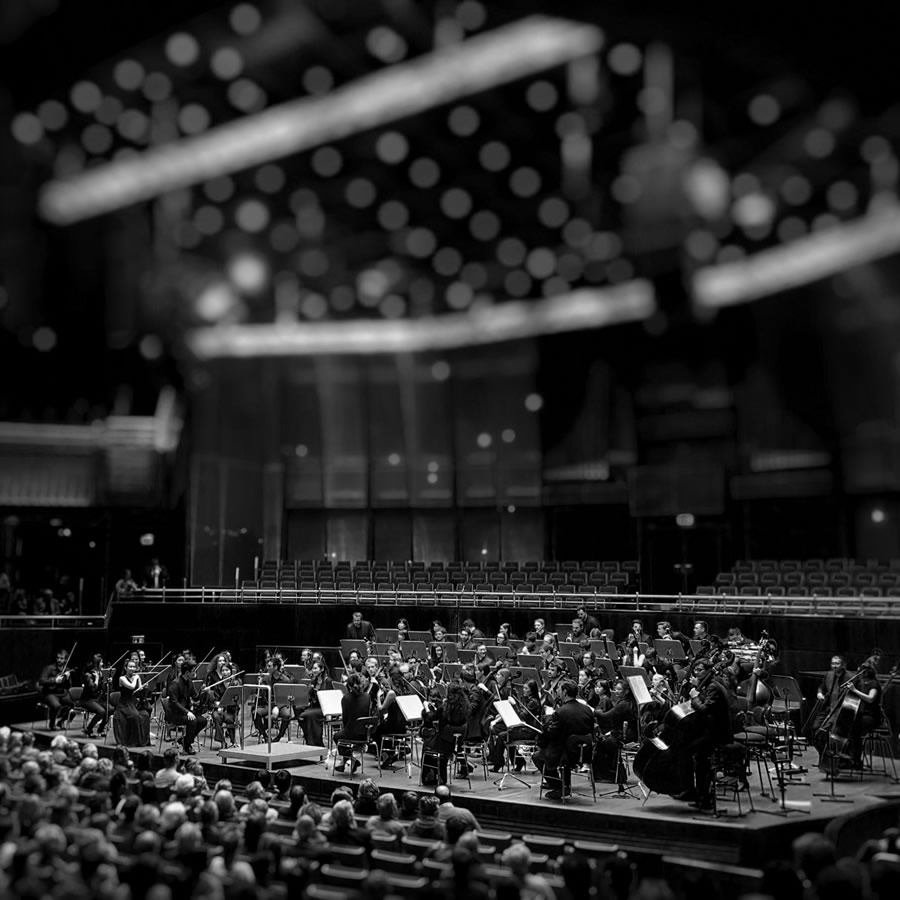FSI’s First Fruits: Sir Roger’s New Book
We are really very excited to be holding in our hands the first book that represents the fruit of our labors. Sir Roger’s newest volume, published by Bloomsbury, is called Music as an Art and is born not only of his long and studied thought on the subject – which of course made Sir Roger our first choice for a fellow of the Future Symphony Institute – but also of his inspiration and collaboration with FSI, for which we are grateful to be generously acknowledged in the author’s introduction.
It is an important book and one we’ve long argued for because it brings to the consideration of musical matters the indispensable examination of philosophy. (If you don’t already know why that’s the starting point for us, read this.) And it does so in Sir Roger’s inimitable way, which is exceedingly readable. Those who’ve had the pleasure of attending his lectures already know that his philosophical discourse has the agreeable intimacy of a fireside chat, but it’s no less powerful for that fact. Sir Roger’s careful and gentle candor go right to the heart of the matter.
Bloomsbury Press describes the book thus:
Music as an Art begins by examining music through a philosophical lens, engaging in discussions about tonality, music and the moral life, music and cognitive science and German idealism, as well as recalling the author’s struggle to encourage his students to distinguish the qualities of good music. Scruton then explains – via erudite chapters on Schubert, Britten, Rameau, opera and film – how we can develop greater judgement in music, recognising both good taste and bad, establishing musical values, as well as musical pleasures.
As Scruton argues in this book, in earlier times, our musical culture had secure foundations in the church, the concert hall and the home; in the ceremonies and celebrations of ordinary life, religion and manners. Yet we no longer live in that world. Fewer people now play instruments and music is, for many, a form of largely solitary enjoyment. As he shows in Music as an Art, we live at a critical time for classical music, and this book is an important contribution to the debate, of which we stand in need, concerning the place of music in Western civilization.
We hope you will take the time to read Sir Roger’s book and that you will share it with others. We hope too that you will consider making your purchase through Amazon Smile and helping us out a little bit in the process.









